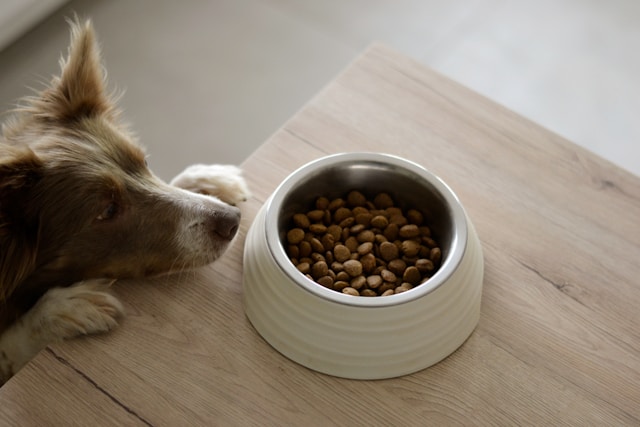Greece’s competition authority has ramped up its investigation into possible anti-competitive practices in the pet food market, assigning a dedicated Commissioner-Rapporteur to the case — a formal step that signals the probe is gaining momentum.
The Hellenic Competition Commission (HCC) announced that it is prioritising the ongoing inquiry into vertical agreements — deals between companies at different levels of the supply chain — involving the import, production, wholesale, and retail of pet food, particularly dog and cat food. The investigation, launched ex officio, aims to determine whether such agreements may have restricted competition in breach of Greek and EU antitrust rules.
The watchdog’s move follows a series of unannounced inspections, or “dawn raids,” carried out last November at the offices of several importers and retailers in the pet food sector. These raids are a common early step in antitrust investigations, intended to collect evidence of potentially unlawful business practices.
Law Under the Microscope
The case is being pursued under Greece’s Competition Act (Law 3959/2011), specifically Article 1, which mirrors Article 101 of the Treaty on the Functioning of the European Union (TFEU). Both provisions prohibit agreements or practices that may restrict or distort market competition.
While the assignment of a Commissioner-Rapporteur does not imply guilt or prejudge the outcome, it does kick-start the legal time limits for the HCC to issue a formal decision. That said, the actual timeline can vary depending on the complexity of the case, the volume of evidence, and the cooperation level of the companies involved.
“This market affects a significant portion of Greek households and is directly tied to rising consumer costs,” said Maria Konstantinou, spokesperson for the Hellenic Competition Commission. “Our role is to ensure that competition remains fair and that businesses are not engaging in practices that inflate prices or limit choices for pet owners.”
A Market Under Pressure
The investigation comes at a time of growing consumer concern over rising costs for pet owners. Pet food prices in Greece have surged over the past two years, with inflation in this category outpacing the Eurozone average since mid-2023. In September 2024, Greek pet product inflation stood at 1.8%, compared to just 0.6% in the broader Eurozone.
With nearly 14% of Greek households owning dogs and 13% owning cats, the cost of feeding pets has become an increasingly important issue — both for consumers and for regulators monitoring market fairness.
What’s Next?
The HCC emphasized that inspections and case prioritisation do not imply wrongdoing on the part of the companies involved. However, if evidence of illegal agreements is found, the Commission has the authority to impose significant fines and corrective measures under national and EU law.
The pet food investigation is part of the HCC’s broader mandate to ensure fair competition and protect consumers from practices that could artificially inflate prices or reduce choices in the market.
As the case progresses, all eyes will be on whether the Commission’s findings lead to formal charges — and what that could mean for the future of pricing and competition in Greece’s pet care industry.
